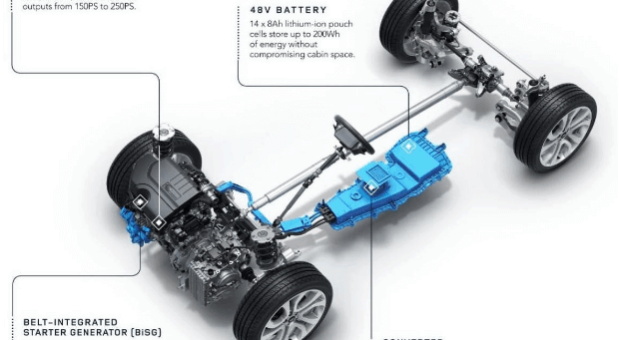
Gasoline engines, despite their widespread use and general reliability, are not immune to issues. Some models, in particular, have been plagued by persistent problems that seem resistant to definitive solutions.
While gasoline engines are known for their reliability and efficiency, the aforementioned issues underline the importance of regular maintenance and awareness of potential problems. Manufacturers have taken steps to address these challenges through recalls, warranty extensions, and design changes in newer models. However, owners of affected vehicles often find themselves seeking aftermarket solutions or facing repeated repairs to mitigate these persistent problems.
This article provides an overview of five popular gasoline-powered vehicles, focusing on common, challenging issues that have troubled owners and mechanics alike.
1. Subaru EJ25 – Head Gasket Leaks
- Issue: Subaru’s EJ25 engine, widely used in models like the Outback and Forester, has become infamous for head gasket leaks. These leaks can lead to coolant and oil mixing or leaking externally, causing overheating and engine damage.
- Impact: Engine overheating, reduced performance, and potentially catastrophic engine failure if not addressed.
- Attempts to Solve: Subaru has made several revisions to the head gaskets and increased warranty coverage for some models. However, the problem persists in many vehicles, often requiring expensive repairs outside of warranty.
2. Honda K-Series – Excessive Oil Consumption
- Issue: Honda’s K-Series engines, found in a wide range of models from the Civic to the CR-V, have been reported to consume oil excessively. This issue is often attributed to faulty piston rings that allow oil to seep into the combustion chamber.
- Impact: Low oil levels can lead to engine wear and tear, reduced performance, and eventually engine failure if not regularly monitored and topped off.
- Attempts to Solve: Honda extended the warranty for some models and conducted repairs to address the piston ring issue. However, some owners continue to report excessive oil consumption even after repairs.
3. Ford EcoBoost – Carbon Build-Up
- Issue: Ford’s EcoBoost engines utilize direct injection, which, while efficient, can lead to carbon buildup on the intake valves. This buildup can restrict airflow and degrade engine performance and fuel economy.
- Impact: Reduced engine efficiency, misfires, and power loss.
- Attempts to Solve: Regular cleaning of the intake system can mitigate the issue, but it does not prevent recurrence. Some aftermarket solutions offer partial relief, but a permanent, maintenance-free solution remains elusive.
4. General Motors LS – Piston Slap
- Issue: The LS engine series from General Motors, praised for its power and reliability, suffers from an issue known as piston slap. This is a noise created by excessive clearance between the piston and cylinder wall during cold starts, leading to a knocking or slapping sound.
- Impact: Although primarily a nuisance in terms of noise, long-term effects can include increased wear on the engine’s internal components.
- Attempts to Solve: GM has stated that piston slap does not affect the longevity or performance of the engine significantly. However, the noise remains a point of dissatisfaction for many owners, with no definitive solution provided by the manufacturer.
5. Audi 2.0T TFSI – Timing Chain Tensioner Failure
- Issue: Audi’s 2.0T TFSI engines, used in a variety of models from the A4 to the Q5, have a well-documented issue with timing chain tensioner failures. A failure in this component can lead to catastrophic engine damage.
- Impact: Potential for complete engine failure if the timing chain slips or breaks due to a faulty tensioner.
- Attempts to Solve: Audi has issued recalls and extended warranties for some models to address the tensioner issue. Nonetheless, failures continue to occur, often costing owners significant amounts in repairs if out of warranty.
















